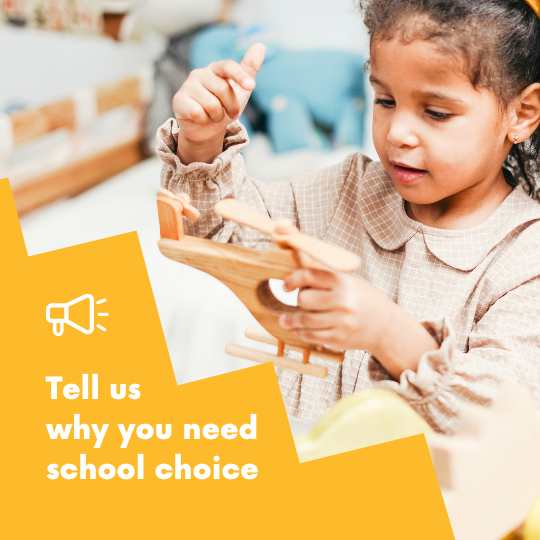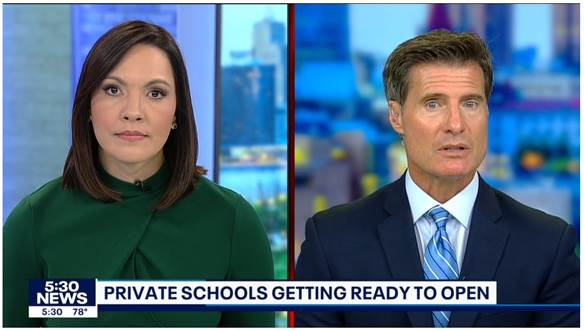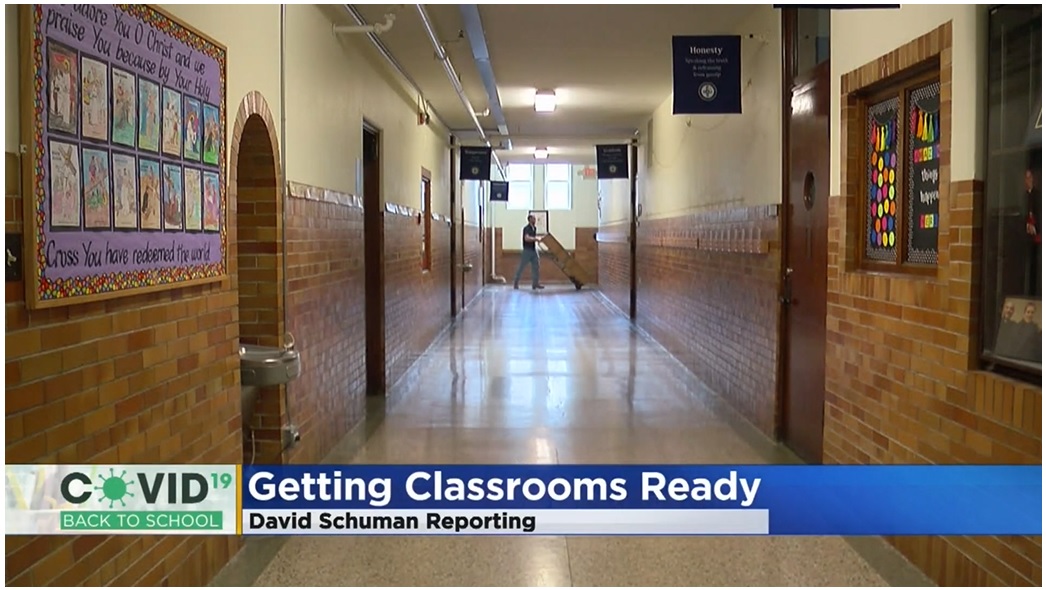We have more preschool programs all the time. In fact, a recent article in The New York Times indicates that there are more preschool openings than can be filled by children, noting that “early childhood advocates say more families would likely sign up if they knew about the benefits of preschool.”
But these so-called benefits often fail to materialize. As various academic studies indicate, children who attend preschool can have difficulties later in life, falling behind their non-preschool peers in both behavior and academics, and having an increased likelihood of being held back a grade later in their school career.
Raymond Moore, an American educational expert and father of the modern homeschool movement, foresaw these problems nearly 50 years ago, noting them in his book “Better Late Than Early.” Because it makes people nervous to voluntarily keep a child out of school for a while, which allegedly allows the child’s peers to “get ahead,” Moore set out to put parents at ease by answering their concerns about keeping children out of preschool and showing some of the unforeseen difficulties presented by starting children in school so early.
His advice holds true today, and every parent should consider the following before entrusting a child to an educational institution.
Preschool Promotes Learning Difficulties
All parents want their children to succeed and get ahead of the curve in education and behavior. Unfortunately, sending a child to preschool can cause the exact opposite, as it separates the children from the adults they need most: parents. Separation at such a young age, Moore writes, “usually causes a degree of insecurity to all children.” And that separation often “lays the base for severe emotional and learning problems later on.”
Many parents say that their children enjoy going to school at such a young age, often showing excitement and enthusiasm. But Moore urges caution, noting that excitement is often a cloak for anxiety. And that anxiety or insecurity only increases when children are placed in a preschool with a fluctuating or limited staff, a seemingly common occurrence in today’s workforce.
Preschool Often Brings Bad Influences
The idea that children need to be socialized and exposed to influences outside the home is one often glibly voiced. That may be sound advice once a child gets closer to adulthood, but not at only 3 or 4 years old.
By sending a child to preschool, Moore writes, “parents subject their children to influences that they cannot control,” including teachers and fellow classmates. This is especially true in the present era, in which philosophies such as transgenderism are increasingly prevalent and encouraged in the classroom.
“Since the children are unable to reason consistently, they are often confused by mores and values in the home that conflict with those in school,” a fact that can create unnecessary friction, as children are more prone to “place the word of their teachers ahead of their own parents.”
Preschool can also influence children to develop a more entitled attitude. Moore notes that “the abundance of toys and equipment and the absence of chores may make them resentful of home restrictions before they are able to understand the reasons for the differences.” Allowing children to spend time in the home during their early years can direct them toward a more service-oriented attitude, rather than that of a spoiled child who expects every whim to be fulfilled.
Preschool Presents Too Much, Too Soon
Hustling a child out the door and sending him to an educational institution erases the simple, easygoing stage of childhood and replaces it with overstimulation, Moore explains.
“Competition with a number of his peers for toys and space, and in physical or mental abilities usually is a strain on young children,” Moore writes. Children will have plenty of time for a hectic, fast-paced schedule when they are eventually forced to compete in the real world. Why make them give up their freedom from such a lifestyle before it’s necessary?
Moore encourages family life instead, writing, “Family life for the first 8 years tends to prepare a child more gently for the competition he must eventually face.”
So if preschool can cause so many problems, how do we navigate a child’s early education successfully without it?
Moore has a simple answer for that: a good home.
“There is no systematic evidence from research that supports the need for nursery schooling for the child who has a good home,” he writes. So provide a good home for them. Let them play and create. Teach them to work alongside you, enabling them to “learn responsibility, order, industry, honesty, and similar values.”
Because of an economy that has made two-income families the norm, this is harder to do than it once was. However, there are other families who simply “use preschool as a crutch—passing to the preschool certain childhood problems they cannot handle or behavior they cannot understand,” Moore writes.
Given the dangers and lifelong problems that institutionalizing children at such a young age can bring, let’s not use preschool as a cop-out. Let’s take every opportunity we can to give our children a chance to be in a loving home environment, letting them learn just by living life with the parents, grandparents, and siblings around them. In doing so, we’ll be giving those children a far greater academic and behavioral advantage than even the most prestigious preschool could ever hope to.
—
This article is republished with permission from The Epoch Times.












![[downloaded during free trial]](https://oakmn.org/wp-content/uploads/2025/11/iStock-1430368205-120x86.jpg)
